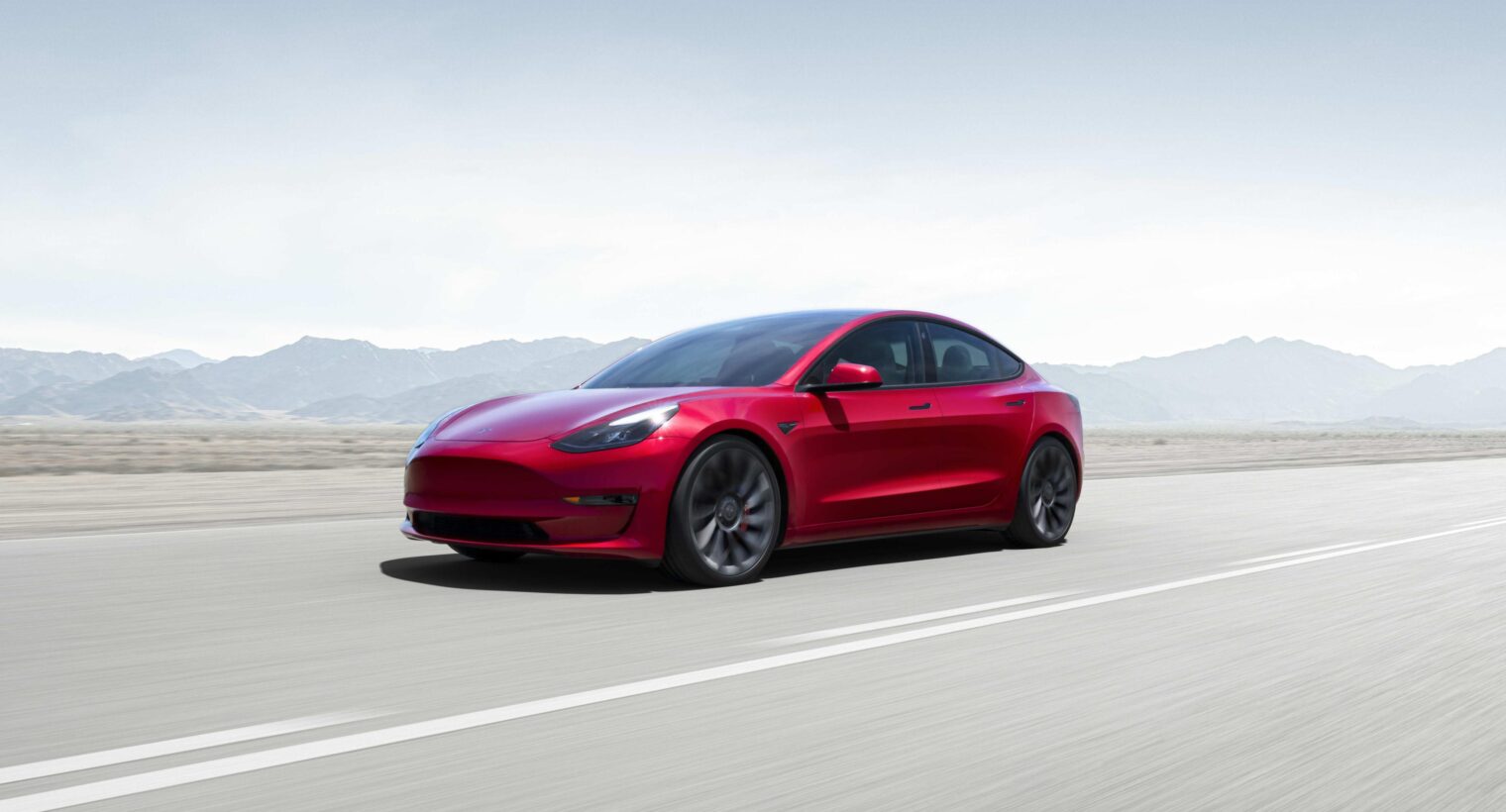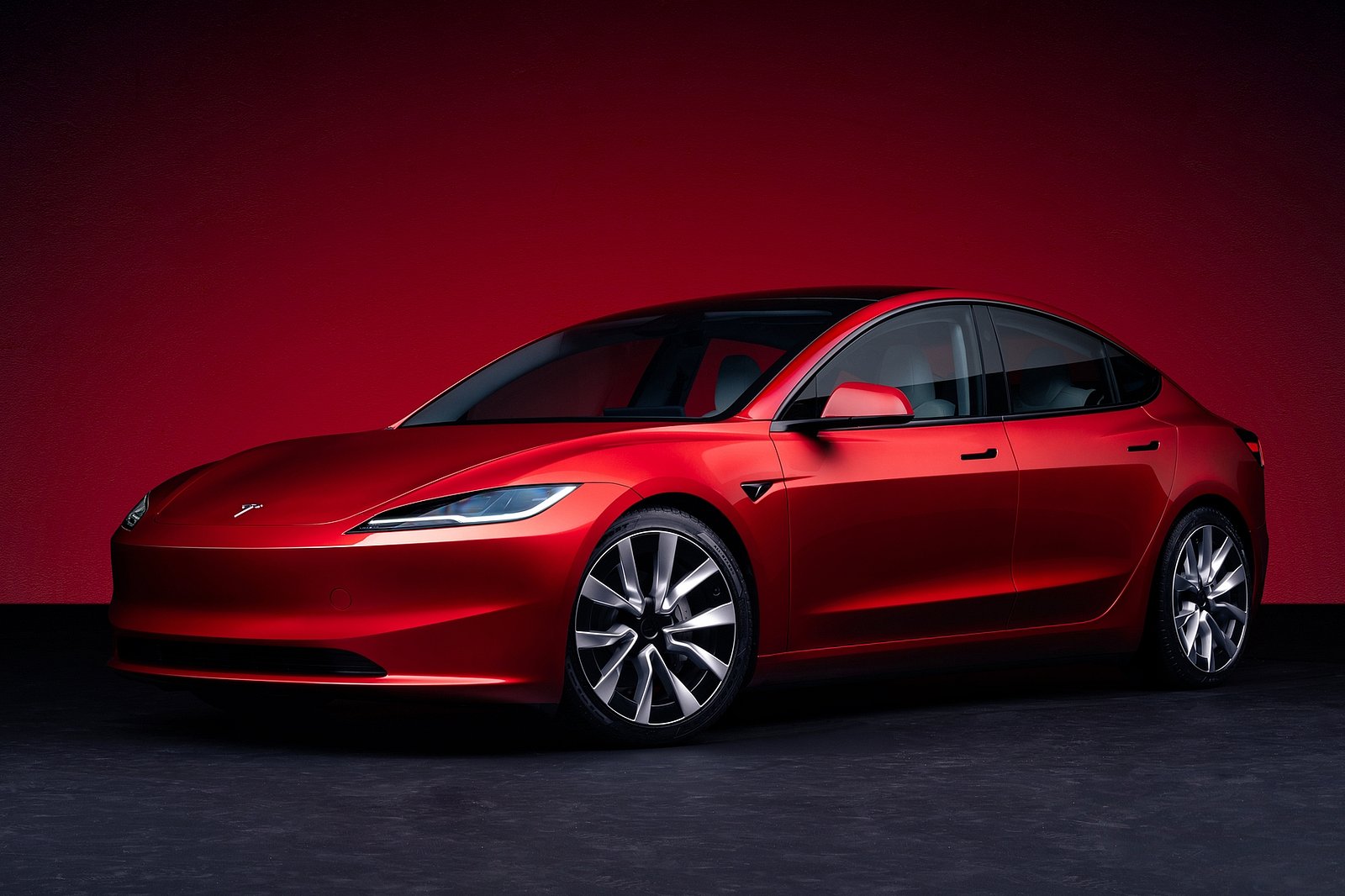When considering the purchase of a Tesla, one question that frequently comes to mind for potential electric vehicle (EV) owners is: do Teslas hold their value? With the increasing shift towards sustainable living and the growing interest in electric vehicles, understanding the financial implications of owning a Tesla is more important than ever. That’s why we’ve written this article to help you understand if your Tesla will hold value over time before you make your purchase, so keep reading.
Here at The Energy Professor, we want to give you the information you need to not only save money on your energy bill but to also become more energy efficient. We hope find this post helpful and make it easier for you to know what a power surge is for 2024. Be sure to also check out our one-of-a-kind energy savings calculator!
The Energy Professor Electricity Rate Check Tool
Do Teslas Hold Their Value?
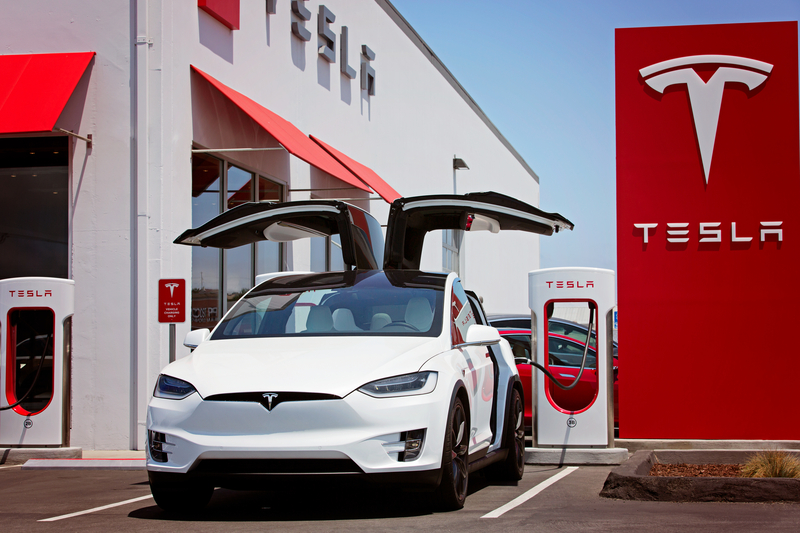
Yes, Teslas tend to hold their value better than many other vehicles, including both traditional gasoline-powered cars and many other electric vehicles (EVs). Several factors contribute to the relatively slow depreciation of Teslas, making them a compelling choice for those concerned about the long-term value of their vehicle investment.
Factors Contributing to Tesla’s Value Retention
- Innovative Technology: Teslas are at the forefront of EV technology, with features like Autopilot, high-performance electric motors, and regular over-the-air software updates that keep the vehicles up-to-date.
- High Demand: The growing interest in electric vehicles, coupled with Tesla’s strong brand recognition, keeps demand high. This demand helps maintain higher resale values.
- Battery Longevity: Teslas are known for their battery longevity, with many models expected to last over 500,000 miles. This durability reduces depreciation.
- Energy Efficiency: The cost savings from using electricity over gasoline also contribute to the overall value proposition of owning a Tesla, making these cars more desirable in the used market.
Like all cars, Teslas do depreciate, but the rate at which this occurs can vary widely depending on several factors, including model, demand, and overall market trends. Recent observations have shown a Model 3 price drop, which might suggest a depreciation concern for potential buyers. However, it’s essential to dive deeper to understand the nuances of Tesla’s depreciation patterns.
Do Teslas Depreciate Slower Than Gas-Powered Vehicles?
Comparatively, Teslas tend to depreciate slower than their gas-powered counterparts. This slower depreciation rate is often attributed to their high mileage range, minimal maintenance requirements, and the growing infrastructure supporting electric vehicles. Tesla depreciation vs other cars reveals a fascinating trend: while traditional cars might see a steep decline in value within the first few years, Teslas maintain a more stable valuation over a similar period.
Related post: How Long Does a Tesla Battery Last?
Longevity and Mileage Range of Teslas
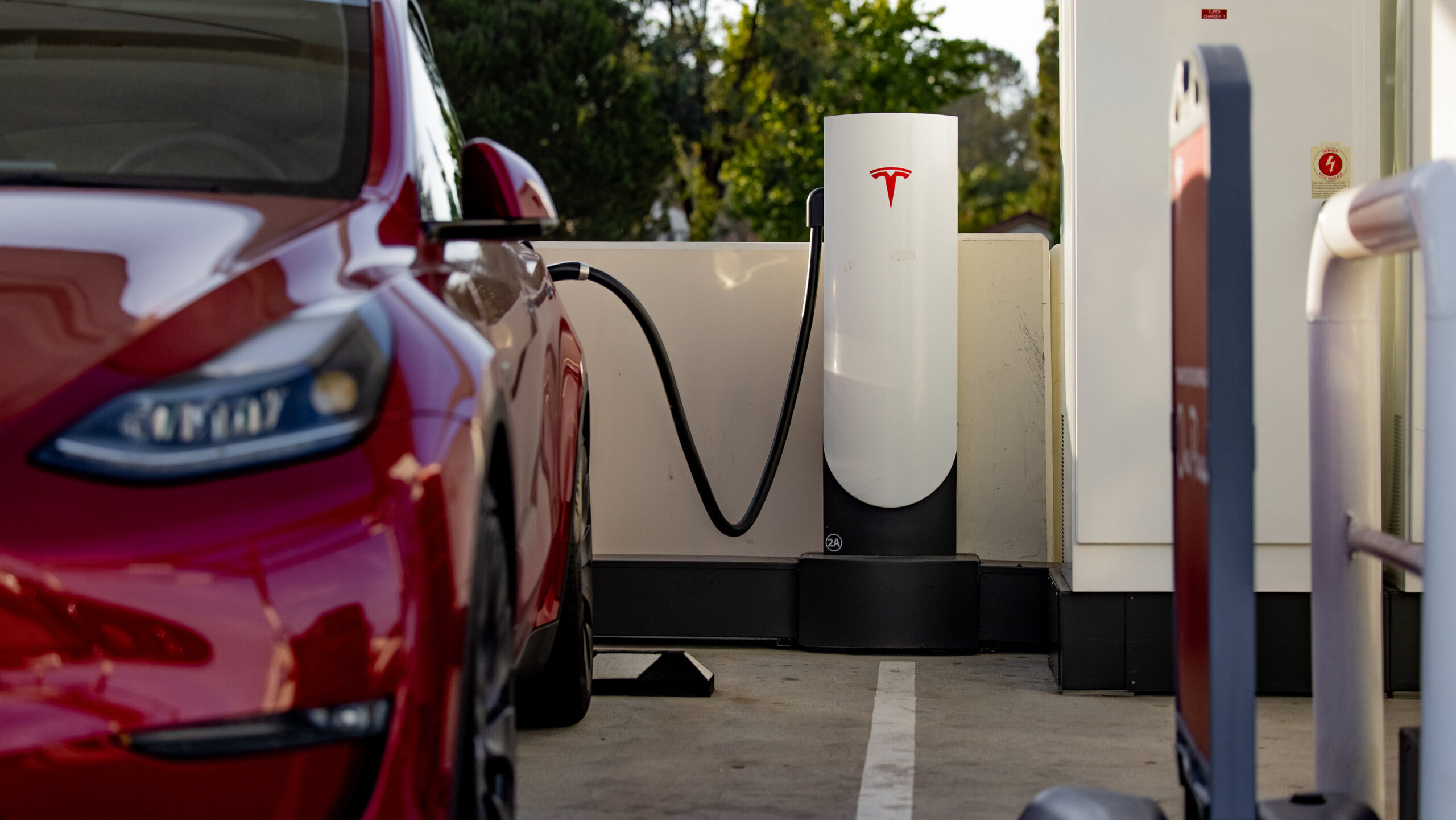
One of the most compelling arguments for Tesla’s value retention is its longevity and mileage range. Teslas are designed to last, with many models boasting a lifespan of over 500,000 miles. This is significantly higher than the average annual mileage of 13,500 miles by most drivers, suggesting that a Tesla could, in theory, serve its owner well for decades. This longevity is a critical factor in why Tesla holds their value so well in the eyes of many consumers.
- Growing Demand for Electric Vehicles: The demand for EVs is on a steep incline, driven by environmental concerns, increasing fuel prices, and the desire for innovative technology. Tesla, as a pioneer and leader in the electric vehicle market, benefits significantly from this trend. As demand continues, the resale value of Teslas is likely to remain strong.
- Technological Advancements: Tesla is at the forefront of EV technology, with continuous improvements in battery life, performance, and autonomous driving capabilities. These advancements not only enhance the driving experience but also contribute to the long-term value retention of Tesla vehicles.
- Expansion of Charging Infrastructure: The ongoing expansion of Tesla’s Supercharger network and the broader EV charging infrastructure reduces one of the primary barriers to EV adoption, range anxiety. This expansion supports the long-term utility and, consequently, the value of Tesla vehicles.
- Government Policies and Incentives: Many governments worldwide are offering incentives for EV purchases and installing stringent regulations on emissions. These policies encourage the shift from internal combustion engine vehicles to electric vehicles, positively impacting Tesla’s market value.
Related post: How Much Does a Tesla Cost?
Comparative Depreciation Rates of Teslas
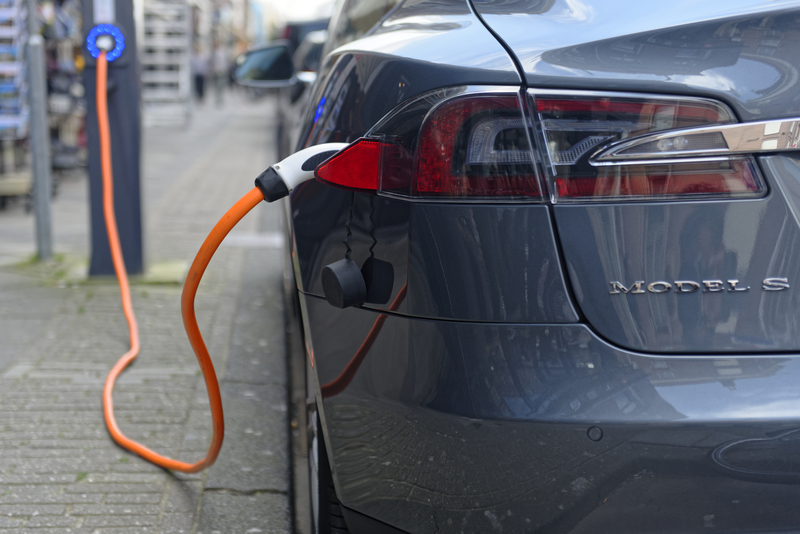
When discussing Tesla depreciation, it’s crucial to highlight specific figures. For instance, the Tesla Model 3 has shown a depreciation rate of 42.9% over five years, which, while higher than the industry average, is commendable for an electric vehicle. The depreciation of Tesla Model S and Tesla depreciation model Y also reflect similar patterns, underscoring Tesla’s ability to maintain value relative to luxury and electric vehicle standards.
Is Buying a Used Tesla Worth It?
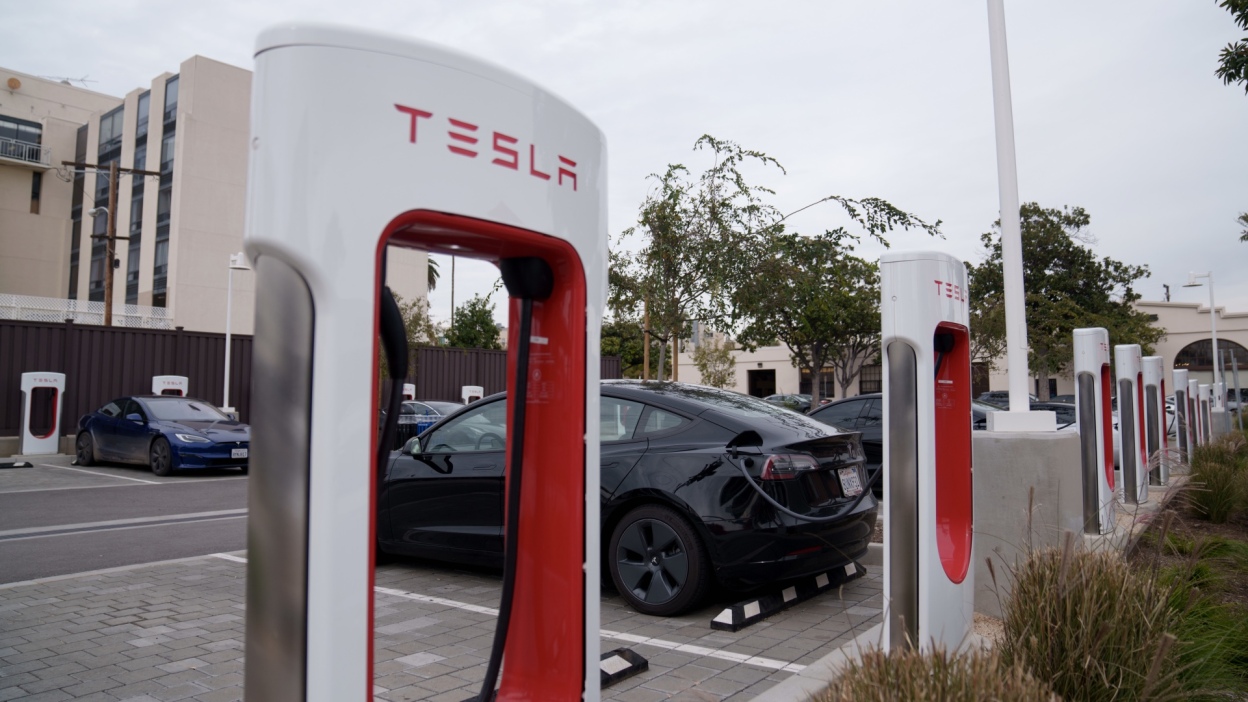
The decision to buy a used Tesla hinges on several factors, including the model’s depreciation rate, your long-term usage plans, and the availability of newer models. Given the relatively slow depreciation rates of Teslas, is buying a used Tesla worth it? Yes, for many consumers, especially those looking to enter the EV market without paying the premium for a brand-new model. Used Teslas often come with advanced technology and features that remain competitive for years, making them an attractive option for budget-conscious homeowners.
Will a Tesla Last 20 Years?
Yes, a Tesla has the potential to last 20 years, especially considering their high mileage capacity and the durability of electric vehicle components. While battery performance may degrade over time, Tesla’s commitment to innovation and support means that owners can expect a long lifespan from their vehicles, further reinforcing the notion that Teslas retain their value over a considerable period.
In conclusion, while how much Teslas depreciate can vary, the overall evidence suggests that Teslas are a sound investment for those looking to the future of driving. Their slower depreciation rates, combined with exceptional longevity and mileage range, position Teslas as a worthwhile consideration for homeowners. Whether you’re pondering a new or used purchase, the value retention of a Tesla is a compelling argument in its favor, answering the question of whether Tesla holds their value with a resounding yes for most models and scenarios. As the electric vehicle market continues to evolve, Tesla remains at the forefront, offering vehicles that not only push the boundaries of innovation but also provide financial sense over the long term.
Related post: How Much to Install Electric Car Charger at Home?
Do Teslas Hold Their Value? FAQ

Q: How does Tesla’s battery life impact its long-term value?
A: Tesla’s batteries are designed to last a long time, typically around 300,000 to 500,000 miles. The longevity of these batteries plays a significant role in the vehicles’ long-term value, as a longer-lasting battery reduces the need for expensive replacements and maintains the car’s performance over time.
Q: Will the introduction of new Tesla models affect the value of my current Tesla?
A: While the introduction of new models can influence the resale value of older models, Tesla’s practice of providing over-the-air updates helps maintain the value of its vehicles by continuously enhancing features and performance, regardless of physical model changes.
Q: How do federal tax credits and incentives affect the purchase price and value of a Tesla?
A: Federal tax credits and state incentives can significantly reduce the effective purchase price of a Tesla, making it more affordable upfront. While these incentives don’t directly affect the vehicle’s depreciation, they do lower the initial cost barrier, potentially affecting resale value by broadening the market of potential buyers.
Q: What is the best strategy to maintain or increase my Tesla’s resale value?
A: Maintaining your Tesla’s resale value can be achieved by keeping the vehicle in good condition, adhering to recommended maintenance schedules, minimizing wear and tear, and keeping mileage within average limits. Additionally, staying updated with Tesla’s software updates can ensure your vehicle retains maximum functionality and appeal.
Do you Need Cheaper Electricity?
If you’ve taken the time to understand the information on your bill and discovered you’re paying more than you’d like for your electricity, have you looked around for a cheaper deal? The Energy Professor has a wealth of information on ways to save on your utilities, including details of top deals that could significantly reduce your monthly or quarterly electricity bills.
We hope you found this article helpful! If you are looking for ways to increase energy efficiency and sustainability in your home be sure to take a look at all of the latest renewable energy options in your area. The Energy Professor helps residential and small business owners find qualified energy suppliers in New York, New Jersey, Pennsylvania, Texas, Ohio, Maryland, Illinois, and Massachusetts

